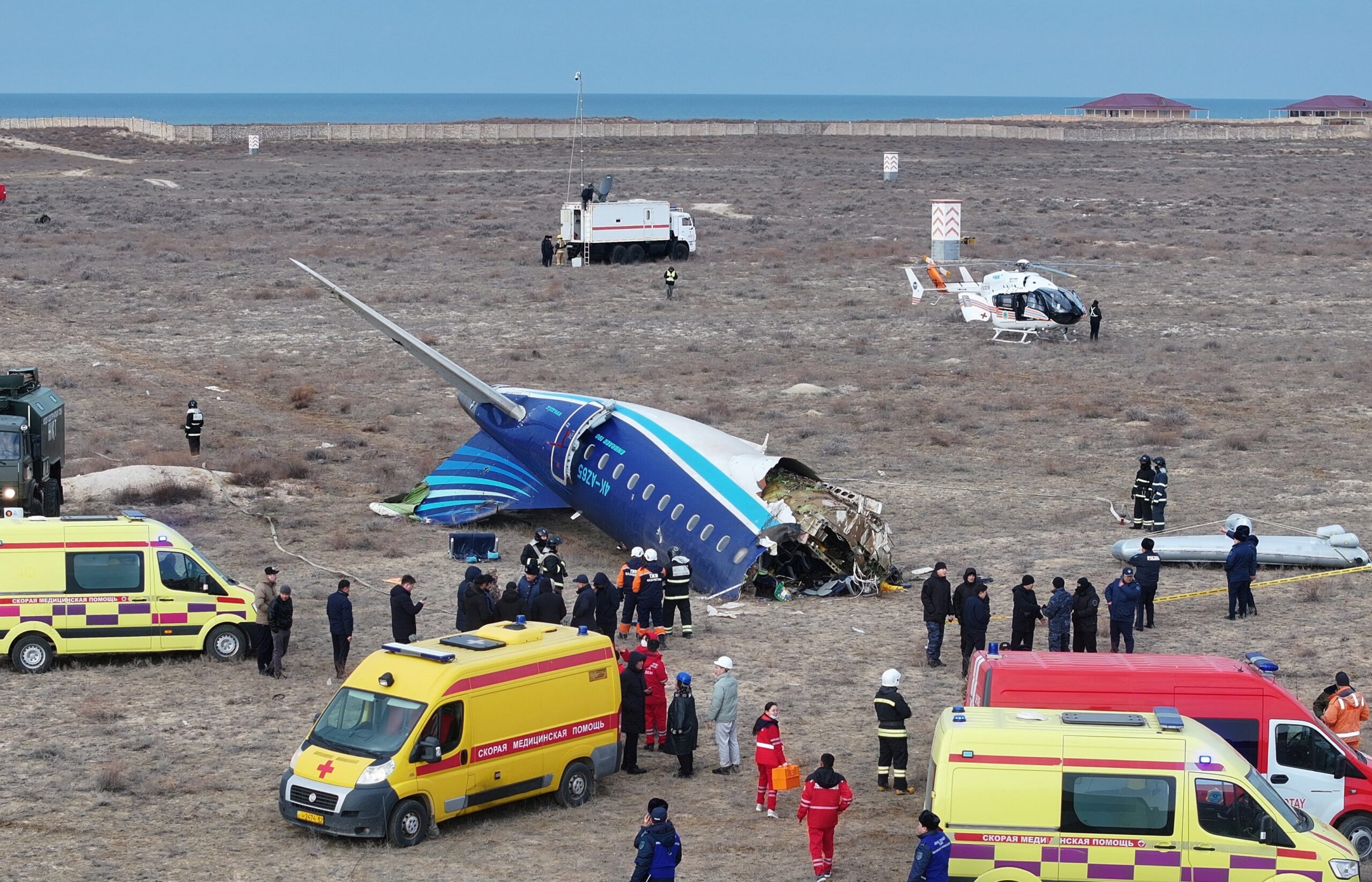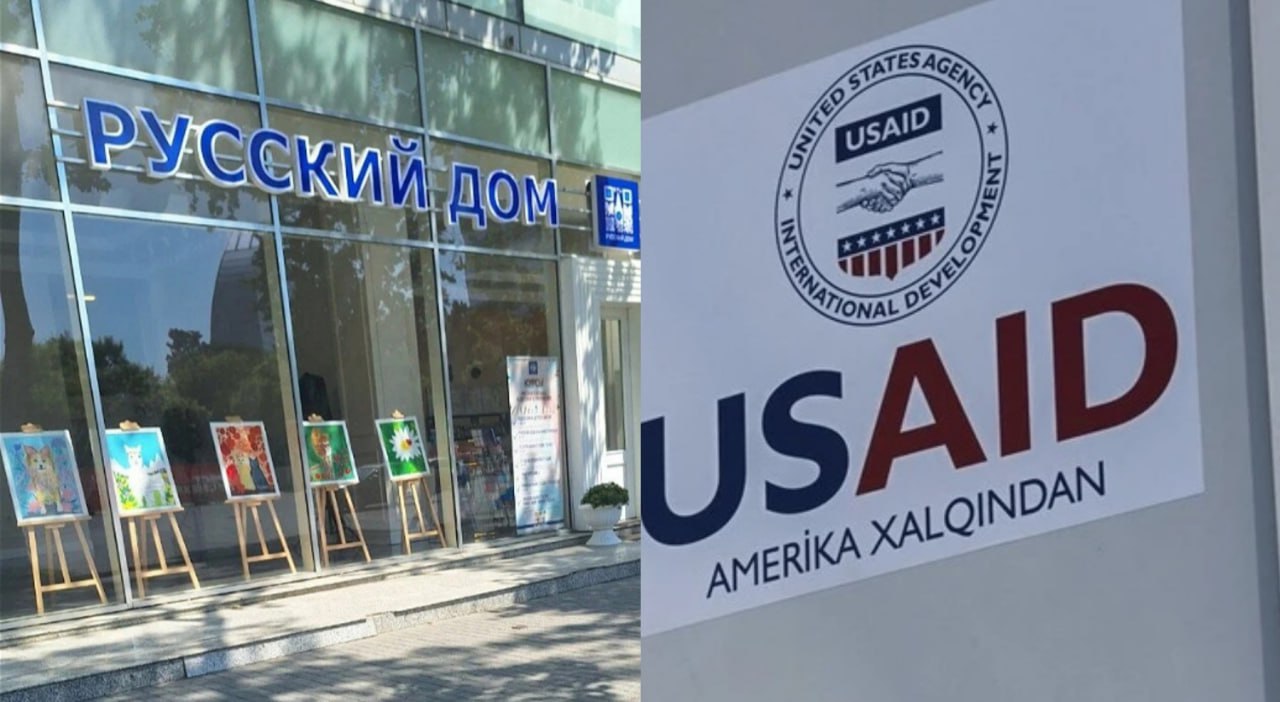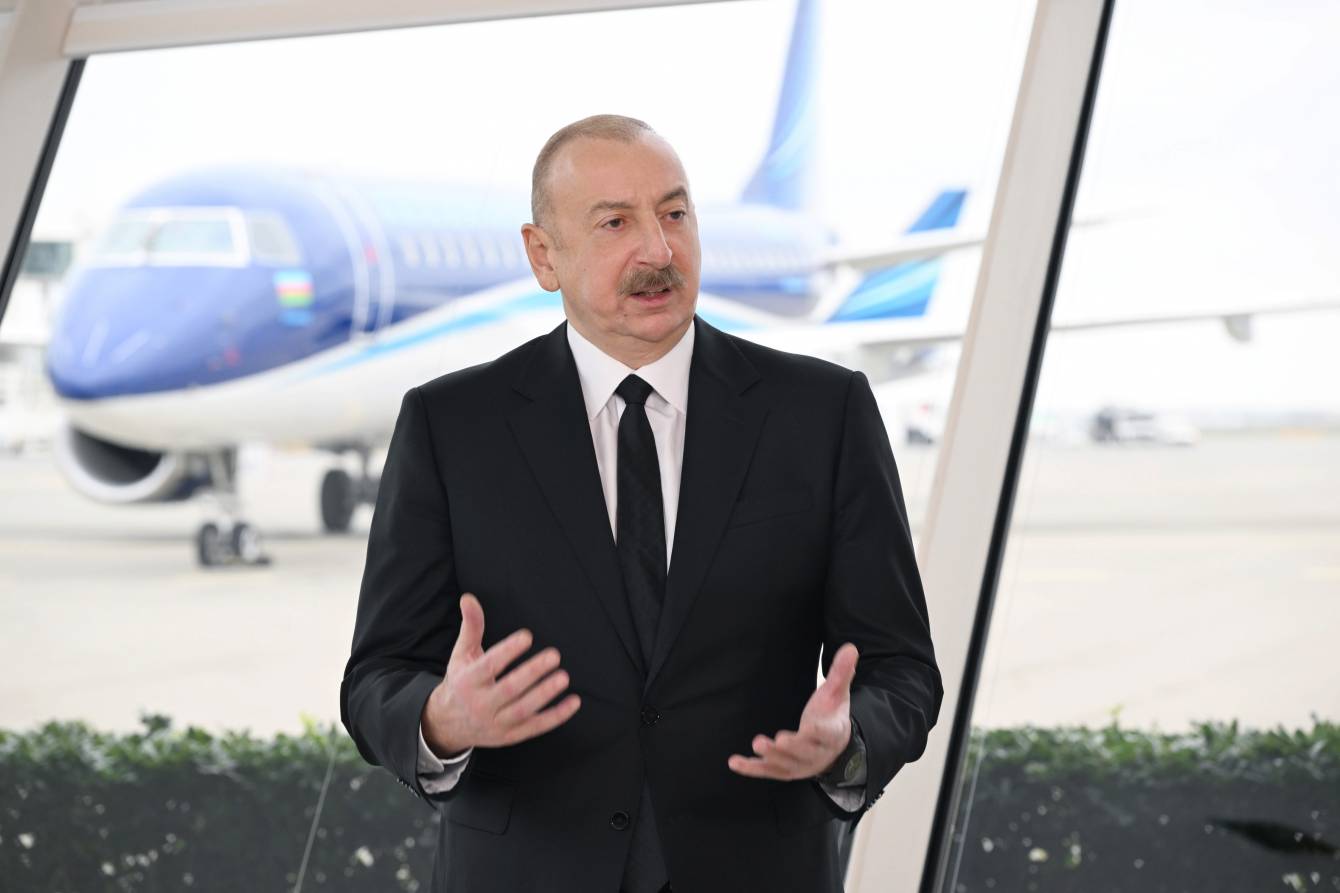When will tensions between Azerbaijan and Russia end? View from Baku
Tensions between Russia and Azerbaijan
Tensions between Russia and Azerbaijan continue to rise. Following Azerbaijan’s decision to shut down the Russian House cultural centre in Baku, Russian State Duma deputy from the ruling party, Nikolai Valuev, called on authorities to close all Azerbaijani diaspora organisations in Russia.
“Baku considers the anti-Azerbaijani statements by Russian State Duma deputy Nikolai Valuev unacceptable and has declared him persona non grata,” Azerbaijani Foreign Ministry spokesperson Ayhan Hajizade said in a statement.
- ‘Claims that Armenia plans to attack Azerbaijan are baseless’ – Pashinyan
- ‘Many amendments to Georgia’s legislation are just bluff to scare us’ – lawyer’s opinion
- Azerbaijan simultaneously ‘shows door’ to USAID and Russian House
What seemed impossible just months ago in Azerbaijan-Russia relations is now unfolding. Government-controlled Azerbaijani TV channels are making serious accusations against Russia.
State broadcaster AzTV accused Russia of sending tanks against Baku’s civilian population in 1990, participating in the Khojaly massacre in 1992, and described Russian peacekeepers stationed in Karabakh from 2020 to 2024 as a “treacherous mission.”
The primary trigger for this tension appears to be the downing of an AZAL aircraft by Russian air defences a month and a half ago near Aktau airport in Kazakhstan. Russia has yet to acknowledge responsibility or issue an apology.
The December 2024 crash claimed 38 lives, including three crew members, while 29 passengers survived.
Calls for Russia to admit responsibility for the recent air disaster are growing in Azerbaijan. Government-aligned media suggest that if Moscow fails to acknowledge its role, Baku may take the case to international courts.
For now, Azerbaijan has warned Russia’s Foreign Ministry about shutting down the Russian House in Baku. Moscow, however, insists efforts are underway to keep it operational.
Regarding Azerbaijan’s expectations from Russia over the crash, Kremlin spokesperson Dmitry Peskov recently stated that Vladimir Putin has “no plans to make any statements on the matter.”
Asim Mollazade, a member of Azerbaijan’s parliamentary committee on international relations, told Turan news agency that the closure of Russian House was long overdue.
“This organisation operated against our national interests. Azerbaijan took similar steps against the US Agency for International Development (USAID),” he said.
Mollazade further stressed that Azerbaijan has sufficient capacity to manage its partnerships independently.
“I don’t see the need for Rossotrudnichestvo to operate in Azerbaijan as a cover for foreign intelligence,” he added.
Russian Foreign Ministry spokesperson Maria Zakharova called the accusations against Russian House in Baku “absurd,” stating that the issue was deliberately exaggerated and does not reflect the level and potential of Russia-Azerbaijan relations.
As for the broader implications, Azerbaijani MP Asim Mollazade noted that Russia will not welcome a decline in its influence in Azerbaijan.
“However, Azerbaijan advocates a diversified foreign policy. The country seeks to establish normal cooperation with all neighboring states based on mutual interests,” he said.
Political analyst Nasimi Mammadli told Radio Svoboda that the closure of Russian House is not the root cause but rather a consequence of strained relations between Azerbaijan and Russia.
“Both sides are now using the tools at their disposal against each other,” he said.
Mammadli pointed to a growing trend of tensions between Baku and Moscow, highlighting Russia’s refusal to take responsibility for the downing of an Azerbaijani passenger plane in Russian airspace.
“Despite Azerbaijan’s repeated demands for those responsible to be held accountable, Russia has neither acknowledged its role nor fulfilled any legal obligations related to the incident,” he stressed.
Former Azerbaijani Foreign Minister Tofig Zulfugarov outlined key unresolved issues in the increasingly complex Russia-Azerbaijan standoff:
“Unanswered questions:
- Why can’t Russia apologize for mistakenly downing the Azerbaijani plane? In a country engaged in military operations, the risk of errors is high.
- Why should strategic relations exclude condolences, sympathy, and apologies for a tragic disaster? The chauvinistic reaction of some pro-Kremlin media is disproportionate and aims to provoke conflict.
- What are Russia’s real motives in escalating tensions?
- Why are some on our side responding in sync with the logic of inflaming the conflict (‘you’re a fool – no, you are’)?
- Why not simply ignore a conflict deliberately provoked by the other side to serve its own goals?”
“My answer is simple: A duel you avoid is a duel you’ve won.”






















